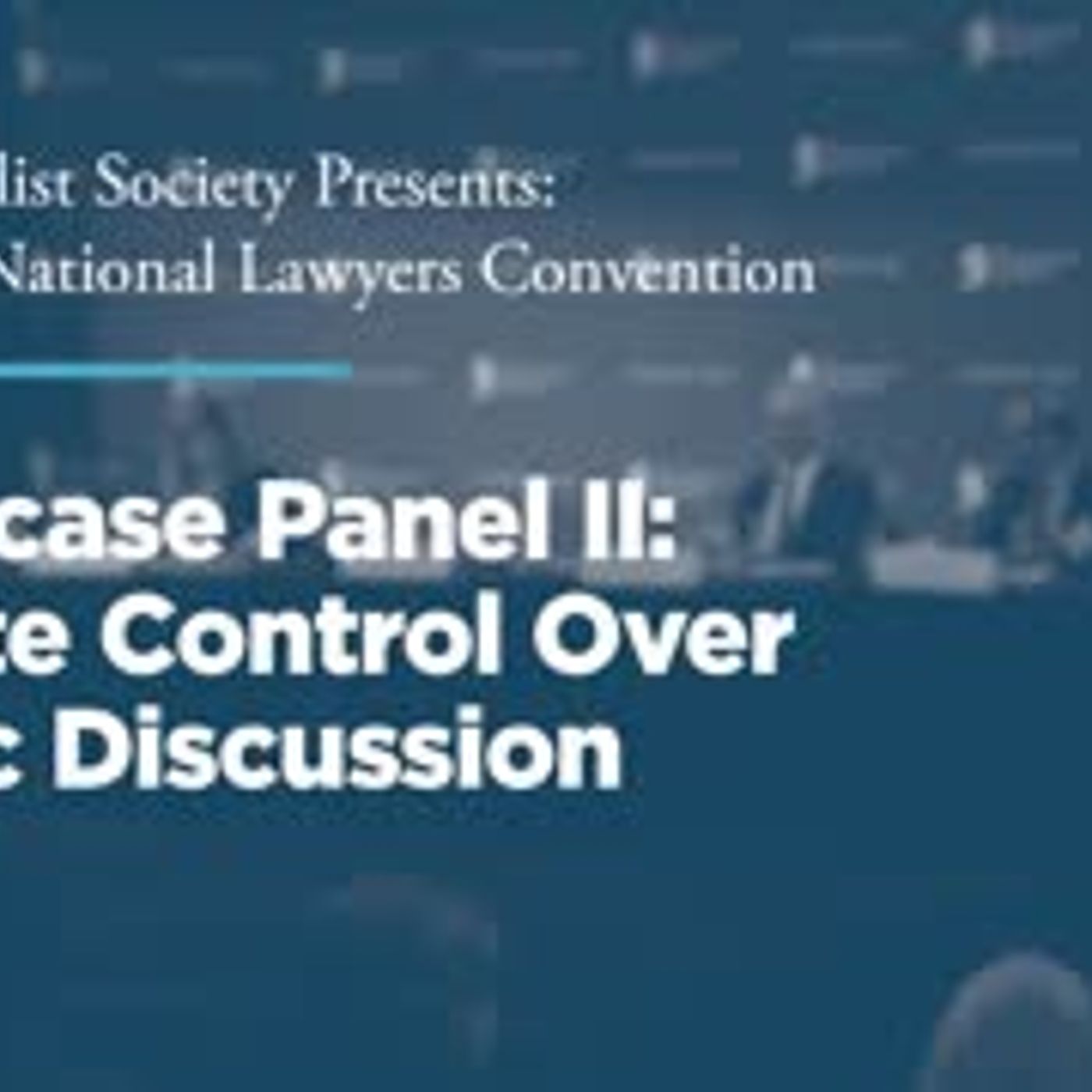- News
- Politics
- SEE MORE
- classical
- general
- talk
- News
- Family
- Bürgerfunk
- pop
- Islam
- soul
- jazz
- Comedy
- humor
- wissenschaft
- opera
- baroque
- gesellschaft
- theater
- Local
- alternative
- electro
- rock
- rap
- lifestyle
- Music
- como
- RNE
- ballads
- greek
- Buddhism
- deportes
- christian
- Technology
- piano
- djs
- Dance
- dutch
- flamenco
- social
- hope
- christian rock
- academia
- afrique
- Business
- musique
- ελληνική-μουσική
- religion
- World radio
- Zarzuela
- travel
- World
- NFL
- media
- Art
- public
- Sports
- Gospel
- st.
- baptist
- Leisure
- Kids & Family
- musical
- club
- Culture
- Health & Fitness
- True Crime
- Fiction
- children
- Society & Culture
- TV & Film
- gold
- kunst
- música
- gay
- Natural
- a
- francais
- bach
- economics
- kultur
- evangelical
- tech
- Opinion
- Government
- gaming
- College
- technik
- History
- Jesus
- Health
- movies
- radio
- services
- Church
- podcast
- Education
- international
- Transportation
- Other
- kids
- podcasts
- philadelphia
- Noticias
- love
- sport
- Salud
- film
- and
- 4chan
- Disco
- Stories
- fashion
- Arts
- interviews
- hardstyle
- entertainment
- humour
- medieval
- literature
- alma
- Cultura
- video
- TV
- Science
- en
Showcase Panel II: Private Control Over Public Discussion

b'The 2021 National Lawyers Convention took place November 11-13, 2021 at the Mayflower Hotel in Washington, DC. The topic of the conference was "Public and Private Power: Preserving Freedom or Preventing Harm?" The second day of the conference commenced with a showcase panel on "Private Control Over Public Discussion."
Online platforms host a growing share of public discussion and debate. As private businesses, they have been free to develop and implement their own content moderation policies, free of First Amendment constraints. But as the amount of speech hosted on a few platforms has grown, the resulting concentration of control over that speech has sparked questions about the power of private companies to stifle lawful expression.
As Justice Clarence Thomas recently noted, the Court soon will need to consider how existing legal doctrines apply to these highly concentrated, privately owned, digital platforms. Part of the solution, he suggests, might lie with common law doctrines like common carrier or public accommodation – doctrines that might permit regulation that limits the right of private platforms to exclude.
But what of the First Amendment interests of the platforms themselves? Do these corporations have a protected expressive interest in declining to carry speech which is lawful but which they find objectionable? How should we think about the digital platform model – are they more like a communications network distributing information, more like publishers that actively curate content and associate themselves with hosted expression, or do they toggle back and forth?
Finally, should the concentration of private power over speech change how we think about public and private threats to free expression? Private businesses are presumptively free to set terms and conditions for the use of their own property. Have digital platforms assumed a degree of control over public discourse, sufficient to alter that presumption? Is some form of regulation appropriate to protect against private threats to liberty? Or is government intrusion into private decision-making still the greater threat?
Featuring:
Prof. Jane Bambauer, Professor of Law, University of Arizona James E. Rogers College of Law
Prof. Randy E. Barnett, Patrick Hotung Professor of Constitutional Law, Georgetown University Law Center
Prof. Adam Candeub, Professor of Law & Director, Intellectual Property, Information and Communications Law Program, Michigan State University College of Law
Prof. Eugene Volokh, Gary T. Schwartz Distinguished Professor of Law, UCLA School of Law
Moderator: Hon. Barbara Lagoa, U.S. Court of Appeals, Eleventh Circuit'